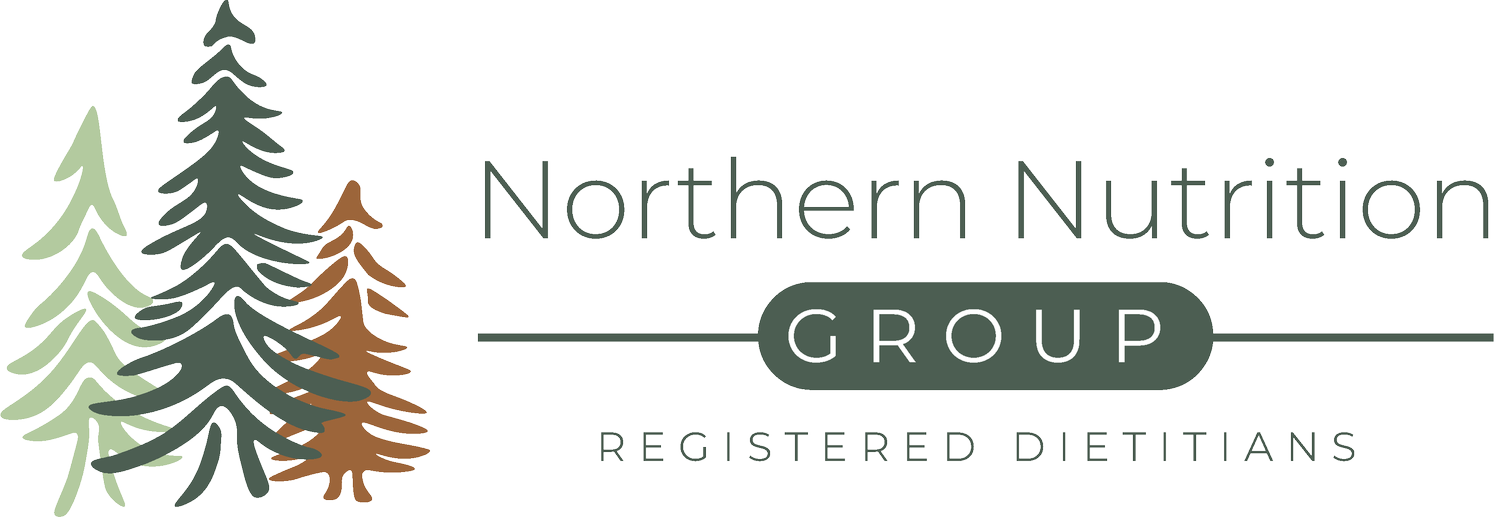Nutrition Support for PMS and PMDD
Premenstrual Syndrome (PMS) and Premenstrual Dysphoric Disorder (PMDD) affect many menstruating women, often disrupting daily life with symptoms like mood changes, bloating, headaches, and fatigue. While medical and mental health support are essential, nutrition support can play a strong complementary role.
Stabilizing Blood Sugar
Research suggests that fluctuations in blood sugar may worsen mood and fatigue when looking at menstrual related disturbances (Reed et al., 2017). Eating balanced meals that include protein, fiber, and healthy fats helps maintain steady energy and reduce irritability. Additionally, preventing elevated cortisol levels from physical stressors (inadequate calorie or protein intake, excessive energy output without proper fuel, ect.) or psychological stressors (unmanaged life stressors) can improve blood sugar regulation through the day.
Key Micronutrients
Certain nutrients may reduce PMS and PMDD symptom severity:
Magnesium: Adequate intake has been associated with fewer mood swings, headaches, and cramps (Rondanelli et al., 2021). Food sources include pumpkin seeds, leafy greens, and legumes.
Vitamin B6: Plays a role in neurotransmitter production and may help with mood-related symptoms (Yamada et al., 2021). Chickpeas, poultry, and bananas are good sources.
Calcium and Vitamin D: Clinical trials show these nutrients can reduce fatigue, cravings, and mood changes (Thys-Jacobs, 2000). Dairy products, fortified plant milks, sardines, and safe sun exposure are practical options.
Omega-3 fatty acids: Anti-inflammatory fats from salmon, chia, or flax may improve both physical and mood symptoms (Sohrabi et al., 2013).
Lifestyle and Eating Patterns
Hydration, moderating alcohol intake, and being mindful of excess caffeine may support more stable energy and sleep quality. Smaller, frequent meals can sometimes ease bloating and irritability. Importantly, these strategies are about comfort rather than restriction. Tracking symptoms in relation to food choices can help identify supportive patterns without moralizing food.
Supplements
When food alone isn’t enough, supplements such as magnesium glycinate, B-complex vitamins, or omega-3s may provide additional relief. Collaboration with a healthcare provider is best to personalize dosing and ensure safety.
Takeaway Advice
Nutrition support can reduce symptom burden and enhance resilience when it comes to symptoms of PMD and PMDD. Gentle and thoughtful changes can have a significant impact on the stability of our hormones. For more individualized guidance on how to implement this for yourself, come see our Registered Dietitian specializing in Women’s Health at Northern Nutrition Group.
Written by Kylie ConnerKylie specializes in: Oncology - supporting individuals through cancer treatment, remission, malnutrition, food aversions, enteral nutrition, and preventive strategies. PCOS & Fertility - weight-inclusive care for hormonal balance, menstrual health, and fertility support. Cardiovascular Disease - heart disease, high cholesterol, high blood pressure, and related conditions. Chronic Disease Prevention and Management - focusing on sustainable, non-restrictive approaches to improve long-term health and reduce risk.
